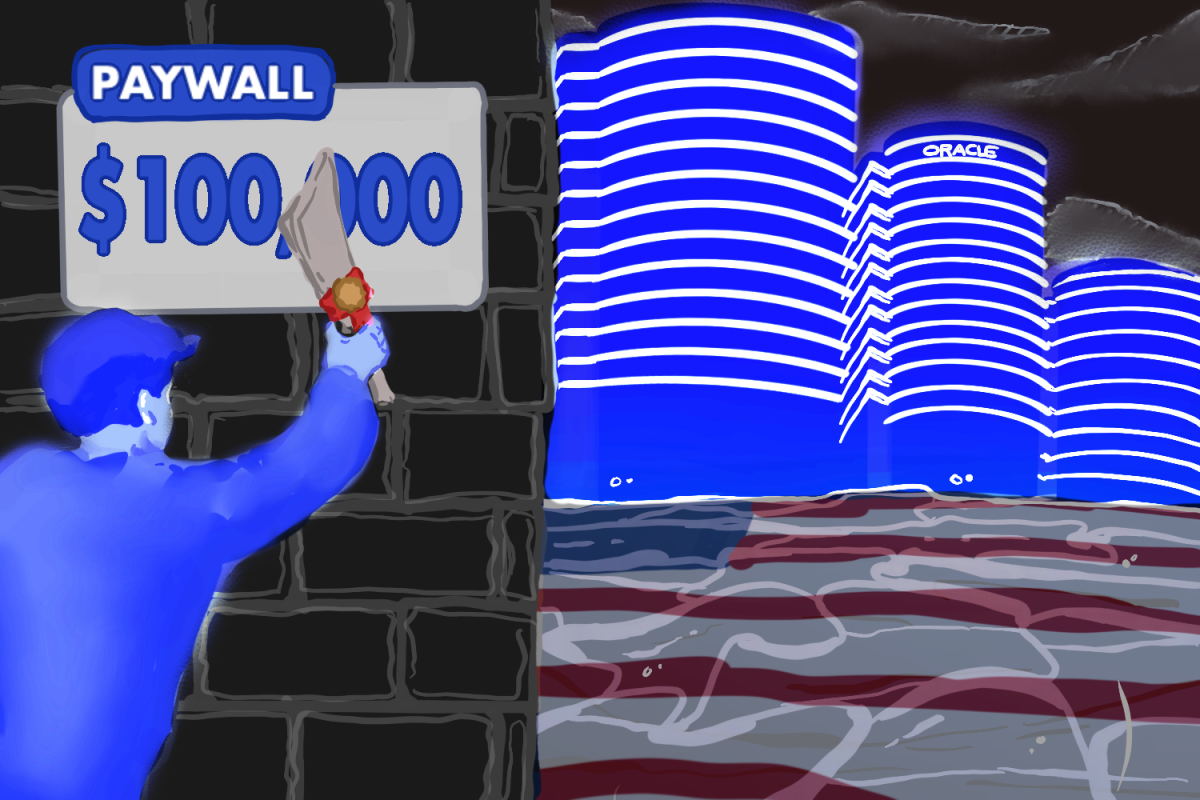The University of Chicago and the Laboratory Schools are well-known for their historical landmarks, beautiful architecture and location within the city. As students of all ages walk through the picturesque campus, with its ivy-covered buildings and leaves turning colors with the arrival of autumn, it is hard to remember the people who lived on the land many years ago.
While many might not be aware, the land on which Lab is built did not originally belong to the University of Chicago. In 2021 the science department wrote and published a statement acknowledging the Indigenous peoples, such as the Ojibwe, Odawa, Potawatomi and many more, who used to inhabit the land. However, this statement is being taken away, because the University of Chicago’s 1967 Kalven report, which states that the institution is prohibited from promoting political ideas, applies to land acknowledgment statements.
Rather than strictly following guidelines of the outdated Kalven report, the University of Chicago must reinterpret the report so that its institutions, like Lab, are not prohibited from acknowledging important historical realities, such as the prior inhabitants of the university’s land.
The report, the result of a committee chaired by law professor Harry Kalven Jr., is a well known policy document at the University of Chicago. It states that the university should not “permit itself to be diverted from its mission into playing the role of a second-rate political force or influence.” The Laboratory Schools, an entity under the University of Chicago, must also abide by this policy, but individuals are still permitted to express their opinions.
The enforcement of this policy means that Lab, or any department within it, cannot make any statements as a group involving politics. Doing so would suggest that Lab has an opinion about these topics and is potentially forcing that opinion onto its students and faculty, or at least limiting their ability to express personal beliefs about a topic. Rather, they must remain neutral. This most directly means that the school cannot promote certain parties or candidates during government elections. Now, it has become apparent that the policy also applies to the science department’s land acknowledgement statement.
But what makes land acknowledgement a political topic? It is not an opinion or an interpretation. It is simply an acknowledgment of the land that the school sits on — it is a historical fact. There is no opinion about historical facts, they just happen. Indigenous peoples did inhabit the land many years ago, and the statement is merely recognizing that.
We could make the argument that a land acknowledgement can be considered political because of its association with political topics, but this logic could apply to many other department statements. If this were the justification, then Lab’s DEI statement could be considered political, because DEI has become a highly politicized topic. However, the university has not labeled topics like DEI and climate change statements to be political.
Removing the land acknowledgment is a political statement within itself. The land acknowledgment states that “silence only continues to perpetuate ignorance and inaction.” Abandoning this statement can lead to assumptions that Lab intends to ignore the history and importance of the land it was built on.
When the Kalven report was written, it may not have intended to apply to issues like these. The Kalven committee might not have been aware of the evolving definition of “political,” as seen in today’s society. For institutions to properly acknowledge significant moments in history, the outdated conclusions in the report must be adjusted or amended to specify the subjects to which it applies.
This story was originally published on U-High Midway on October 26, 2023.






































